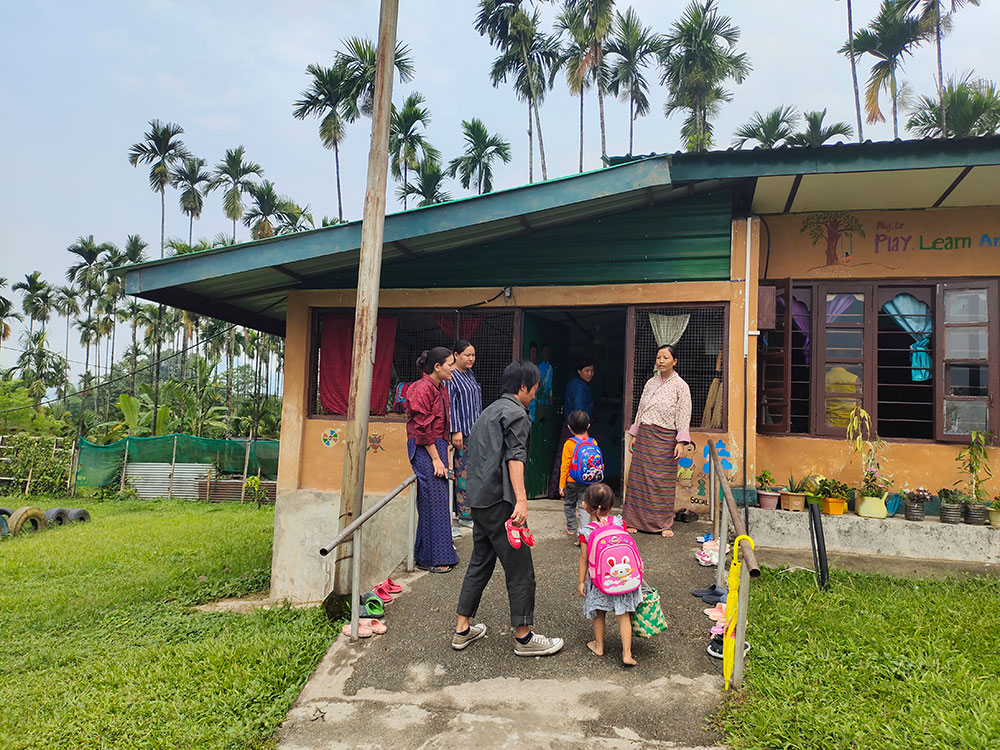Yangyel Lhaden
The 132 Early Childhood Care and Development (ECCD) centres spread across the country that remained shut for lack of facilitators will open by October, according to Department of School Education (DoSE).
Following the Royal Civil Service Commission’s (RCSC) approval of recruiting new instructors and re-deployment of existing non-formal education (NFE) instructors and ECCD facilitators to shut ECCDs, the education ministry sent formal letters to respective dzongkhags and thromdes to recruit instructors for immediate commencement of operation of centres.
Some of these centres have been vacant for more than three years since the completion of the structures.
“Some of the vacant centres will open from September while the remaining centres are scheduled to become fully operational by October,” a DoSE official said. “Most of the dzongkhags and thromdes have announced the commencement of facilitator while a few dzongkhags intend to make such announcement soon.”
For the operation of 132 centres, the RCSC approved MoESD’s proposal to recruit 156 facilitators—re-deployment of 30 facilitators and 68 NFE instructors, and 58 new recruits on July 19.
A DoSE official said that the human resources committees of the respective dzongkhags and thromdes have approved the re-deployment of facilitators and instructors to vacant centres. “The dzongkhags and thromdes are currently in the process of providing the details to the RCSC for the allocation of employee identity cards. The issuance of office orders is imminent.”
“Dzongkhags and thromdes that have been notified will oversee the recruitment process and the commencement of centre operations,” the official said.
The government’s target is to increase the ECCD enrollment rate to 50 percent by 2024 and 100 percent by 2030. Currently, there are 9,987 children in private and government centres across the country.
The absence of childcare support and the high expenses associated with ECCD centres have been highlighted by many parents as significant deterrents to them considering having more than two children.
Bhutan’s fertility rate is declining, decreasing from an average of six children per woman in 1982 to 1.9 in 2017. The rate has further dropped to 1.8 in the previous year. In order to meet the global standard for population replacement, the country requires a fertility rate of at least 2.5 births per woman.
A DoSE official emphasised the importance of population growth for national development, highlighting ECCD centres and workplace crèches pivotal role.
He said that supporting parents and implementing targeted policies for sustainable services, including accessible ECCDs was important. “The joy of opening ECCD centres will be shared by both parents and children.”


